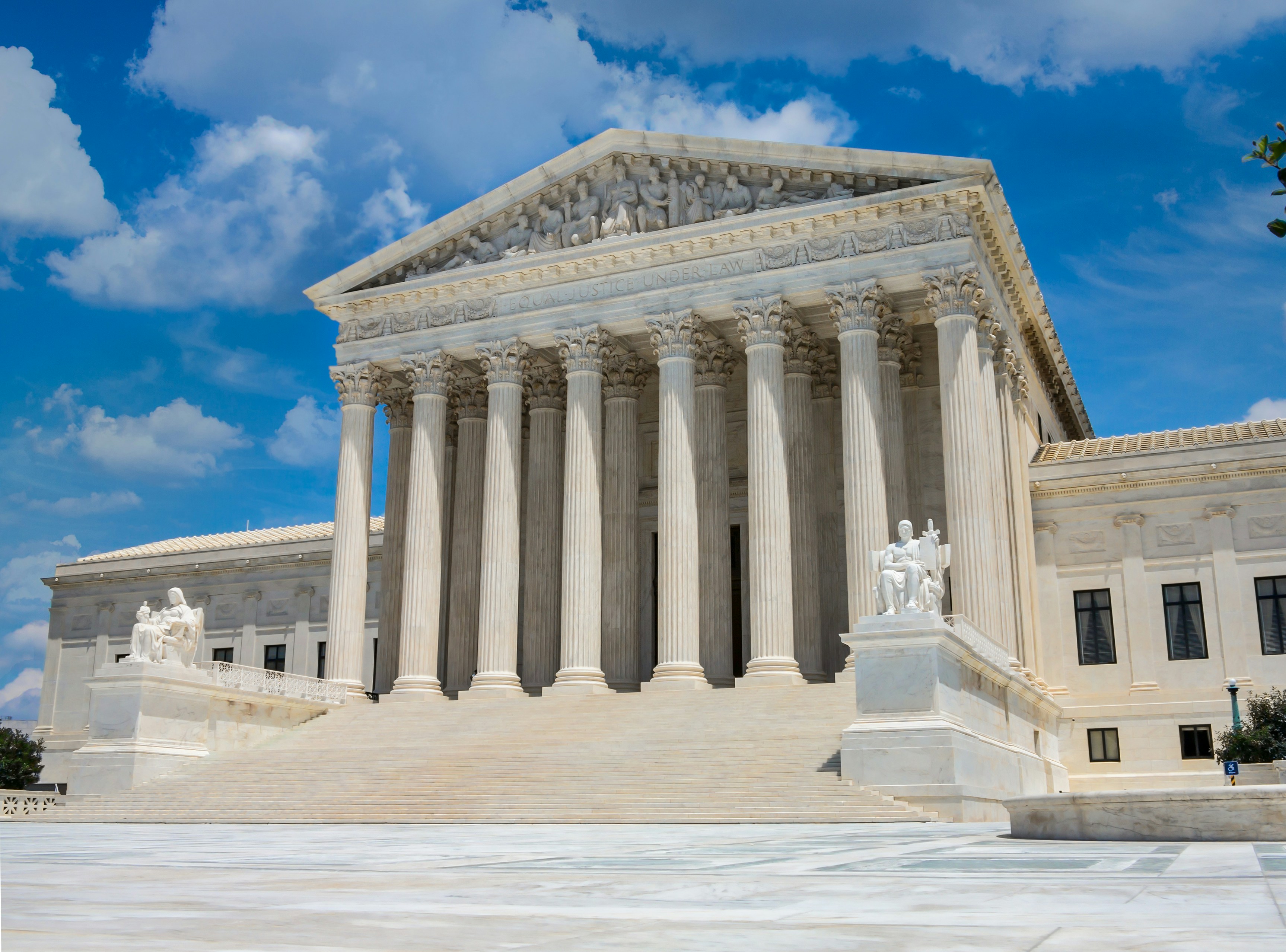A 5th U.S. Circuit Court of Appeals late Thursday reinstated a nationwide injunction that had been issued earlier this month by a federal judge in Texas who had ruled that the Corporate Transparency Act was unconstitutional, Reuters reported on Friday, thus suspending the deadline once again for most reporting companies to file beneficial ownership information (BOI) reports with the Financial Crimes Enforcement Network (FinCEN).
The move comes days after the 5th Circuit Court of Appeals ruled that the Corporate Transparency Act could proceed, lifting the Texas judge’s prior injunction in early December. A group of small businesses, along with the National Federation of Independent Business (NFIB), had sought out the injunction.
After the injunction was lifted on Dec. 23, FinCEN had extended the Jan. 1, 2025, deadline for most reporting companies to file BOI reports with the Treasury Department until Jan. 13, 2025. But with the appeals court’s ruling on Dec. 26, that Jan. 13 deadline is currently in limbo.
In a statement on Friday, FinCEN said, “In light of a recent federal court order, reporting companies are not currently required to file beneficial ownership information with FinCEN and are not subject to liability if they fail to do so while the order remains in force. However, reporting companies may continue to voluntarily submit beneficial ownership information reports.”
Passed in January 2021, the Corporate Transparency Act is an anti-money laundering law that directs businesses to report their ownership structures to FinCEN, which is overseen by the Treasury Department. The thinking is that clear ownership structures make it more difficult for bad actors to use shell companies for illicit activities like money laundering or drug trafficking.
Every limited liability company (LLC), corporation, or other entity that was created by filing a document with a secretary of state or equivalent office must file a BOI report unless it qualifies for one of the Corporate Transparency Act’s exemptions. For example, members of the National Small Business Association (NSBA) are exempt because they won a previous lawsuit over the requirement.
The following current information has to be reported about each of the company’s beneficial owners:
- Legal name
- Birthdate
- Residential address
- Unique number and issuing jurisdiction from a passport, driver’s license, or state ID, and an image of the document.
A different panel will ultimately decide whether to uphold the judge’s ruling, and in Thursday’s order, the appeals court said it decided to keep enforcement of the law paused “to preserve the constitutional status quo while the merits panel considers the parties’ weighty substantive arguments,” Reuters reported.
As of Dec. 27, the merits of the case have yet to be heard; briefs are now due in February, and the case is calendared for oral arguments on March 25, 2025, according to the NSBA.
“The court’s reinstatement of the nationwide injunction is a welcome sigh of relief for small businesses,” Rob Smith, senior attorney of NFIB’s Small Business Legal Center, said in a statement. “Since being told earlier this week that they must urgently submit their BOI reports, our nation’s small businesses have experienced enormous chaos and confusion. Thankfully, the court’s latest decision recognizes that the Corporate Transparency Act and BOI reporting requirements pose serious constitutional questions. It also provides Main Streets across the country with a reprieve from this harmful mandate while our lawsuit proceeds.”
NSBA President and CEO Todd McCracken released the following statement about the appeals court’s Dec. 26 ruling on Friday: “While we absolutely are pleased that the BOI enforcement delay is back on, this ping pong in the courts highlights why it is critical for Congress to repeal this unwelcome and unconstitutional law. NSBA is still awaiting a judgement from the 11th Circuit Court of Appeals in our lawsuit—the first one filed, so, more changes could be ahead for small businesses.
“This uncertainty is beyond frustrating for NSBA’s members and the millions of small businesses we represent. Since the beginning, NSBA has warned against the CTA, penalties for which could carry fines of up to $591 per day and up to two years of jail time, even for those well-intending small business owners who may unintentionally fail to comply through the fog of the continued confusion surrounding the status of this law.
“I cannot stress enough what a major problem this back and forth on the status of the CTA has become, and I’d like to underscore the massive uncertainty it is creating for the millions of small businesses across this country. This latest action from the courts will provide some breathing room, but how much is anybody’s guess.
“NSBA will continue fighting our separate lawsuit alongside this reinstated nationwide injunction over the CTA, additionally pushing Congress to act on the CTA through legislation. At this point, anything less than full repeal is a disservice and source of avoidable instability to America’s small businesses—the core of our communities, the foundation of our economy, and the employers of our future.”
With Tribune News Wire Services
Thanks for reading CPA Practice Advisor!
Subscribe Already registered? Log In
Need more information? Read the FAQs





Toni scott Marissa beech December 28 2024 at 9:19 am
Where is the link to fill out the boi